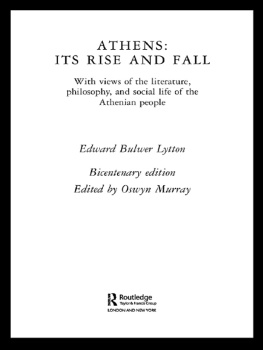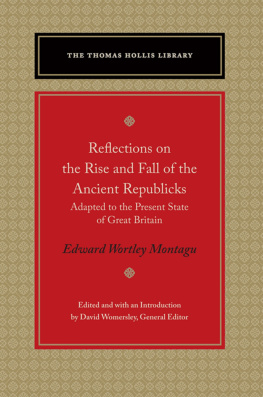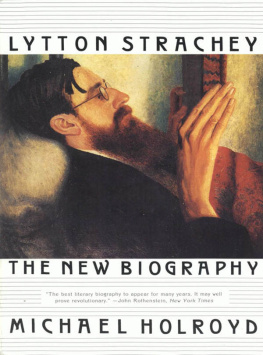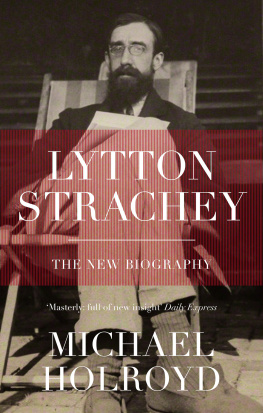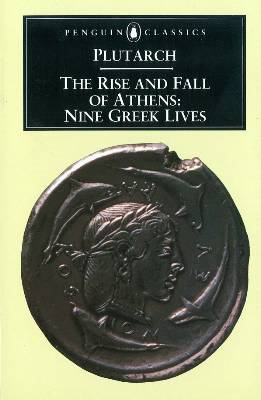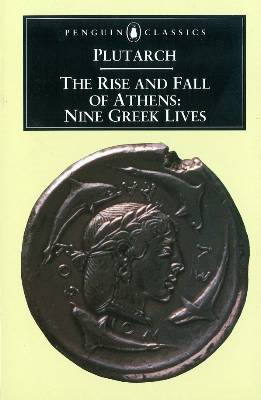BOOK I.
Table of Contents
CHAPTER I.
Table of Contents
Situation and Soil of Attica.The Pelasgians its earliest Inhabitants.Their Race and Language akin to the Grecian.Their varying Civilization and Architectural Remains.Cecrops.Were the earliest Civilizers of Greece foreigners or Greeks?The Foundation of Athens.The Improvements attributed to Cecrops.The Religion of the Greeks cannot be reduced to a simple System.Its Influence upon their Character and Morals, Arts and Poetry.The Origin of Slavery and Aristocracy.
I. To vindicate the memory of the Athenian people, without disguising the errors of Athenian institutions;and, in narrating alike the triumphs and the reversesthe grandeur and the decayof the most eminent of ancient states, to record the causes of her imperishable influence on mankind, not alone in political change or the fortunes of fluctuating war, but in the arts, the letters, and the social habits, which are equal elements in the history of a people;this is the object that I set before me;not unreconciled to the toil of years, if, serving to divest of some party errors, and to diffuse through a wider circle such knowledge as is yet bequeathed to us of a time and land, fertile in august examples and in solemn warningsconsecrated by undying names and memorable deeds.
II. In that part of earth termed by the Greeks Hellas, and by the Romans Graecia streams breaking into lesser brooks, deliciously pure and clear. The air is serenethe climate healthfulthe seasons temperate. Along the hills yet breathe the wild thyme, and the odorous plants which, everywhere prodigal in Greece, are more especially fragrant in that lucid sky;and still the atmosphere colours with peculiar and various taints the marble of the existent temples and the face of the mountain landscapes.
III. I reject at once all attempt to penetrate an unfathomable obscurity for an idle object. I do not pause to inquire whether, after the destruction of Babel, Javan was the first settler in Attica, nor is it reserved for my labours to decide the solemn controversy whether Ogyges was the contemporary of Jacob or of Moses. Neither shall I suffer myself to be seduced into any lengthened consideration of those disputes, so curious and so inconclusive, relative to the origin of the Pelasgi (according to Herodotus the earliest inhabitants of Attica), which have vainly agitated the learned. It may amuse the antiquary to weigh gravely the several doubts as to the derivation of their name from Pelasgus or from Pelegto connect the scattered fragments of traditionand to interpret either into history or mythology the language of fabulous genealogies. But our subtlest hypotheses can erect only a fabric of doubt, which, while it is tempting to assault, it is useless to defend. All that it seems to me necessary to say of the Pelasgi is as follows:They are the earliest race which appear to have exercised a dominant power in Greece. Their kings can be traced by tradition to a time long prior to the recorded genealogy of any other tribe, and Inachus, the father of the Pelasgian Phoroneus, is but another name for the remotest era to which Grecian chronology can ascend would any scholar suppose that Teucer is upbraided with not speaking Greek; he is upbraided with speaking Greek inelegantly and rudely. It is clear that they who continued with the least adulteration a language in its earliest form, would seem to utter a strange and unfamiliar jargon to ears accustomed to its more modern construction. And, no doubt, could we meet with a tribe retaining the English of the thirteenth century, the language of our ancestors would be to most of us unintelligible, and seem to many of us foreign. But, however the phrase of Herodotus be interpreted, it would still be exceedingly doubtful whether the settlements he refers to were really and originally Pelasgic, and still more doubtful whether, if Pelasgia they had continued unalloyed and uncorrupted their ancestral language. I do not, therefore, attach any importance to the expression of Herodotus. I incline, on the contrary, to believe, with the more eminent of English scholars, that the language of the Pelasgi contained at least the elements of that which we acknowledge as the Greek;and from many arguments I select the following:
1st. Because, in the states which we know to have been peopled by the Pelasgi (as Arcadia and Attica), and whence the population were not expelled by new tribes, the language appears no less Greek than that of those states from which the Pelasgi were the earliest driven. Had they spoken a totally different tongue from later settlers, I conceive that some unequivocal vestiges of the difference would have been visible even to the historical times.
2dly. Because the Hellenes are described as few at firsttheir progress is slowthey subdue, but they do not extirpate; in such conqueststhe conquests of the few settled among the manythe language of the many continues to the last; that of the few would influence, enrich, or corrupt, but never destroy it.
3dly. Because, whatever of the Grecian language pervades the Latin , we can only ascribe to the Pelasgic colonizers of Italy. In this, all ancient writers, Greek and Latin, are agreed. The few words transmitted to us as Pelasgic betray the Grecian features, and the Lamina Borgiana (now in the Borgian collection of Naples, and discovered in 1783) has an inscription relative to the Siculi or Sicani, a people expelled from their Italian settlements before any received date of the Trojan war, of which the character is Pelasgicthe language Greek.
IV. Of the moral state of the Pelasgi our accounts are imperfect and contradictory. They were not a petty horde, but a vast race, doubtless divided, like every migratory people, into numerous tribes, differing in rank, in civilization
Even so early as the traditional appearance of Cecrops among the savages of Attica, the Pelasgians in Arcadia had probably advanced from the pastoral to the civil life; and this, indeed, is the date assigned by Pausanias to the foundation of that ancestral Lycosura, in whose rude remains (by the living fountain and the waving oaks of the modern Diaphorte) the antiquary yet traces the fortifications of the first city which the sun beheld. It is in their buildings that the Pelasgi have left the most indisputable record of their name. Their handwriting is yet upon their walls! A restless and various peopleoverrunning the whole of Greece, found northward in Dacia, Illyria, and the country of the Getae, colonizing the coasts of Ionia, and long the master-race of the fairest lands of Italythey have passed away amid the revolutions of the elder earth, their ancestry and their descendants alike unknown;yet not indeed the last, if my conclusions are rightly drawn: if the primitive population of Greecethemselves Greekfounding the language, and kindred with the blood, of the later and more illustrious Hellenesthey still made the great bulk of the people in the various states, and through their most dazzling age: Enslaved in Laconiabut free in Athensit was their posterity that fought the Mede at Marathon and Plataeawhom Miltiades ledfor whom Solon legislatedfor whom Plato thoughtwhom Demosthenes harangued. Not less in Italy than in Greece the parents of an imperishable tongue, and, in part, the progenitors of a glorious race, we may still find the dim track of their existence wherever the classic civilization flourishedthe classic genius breathed. If in the Latin, if in the Grecian tongue, are yet the indelible traces of the language of the Pelasgi, the literature of the ancient, almost of the modern world, is their true descendant!






